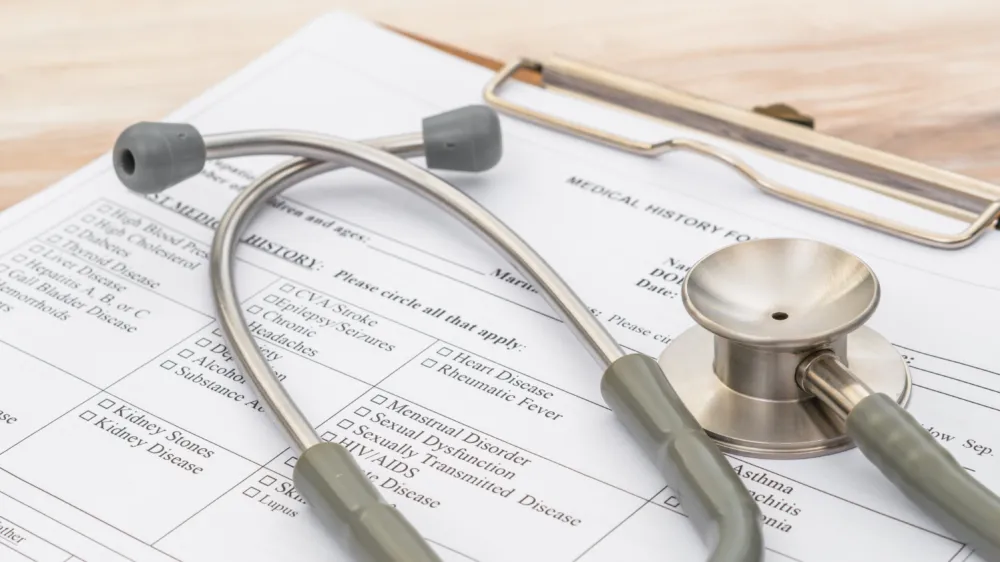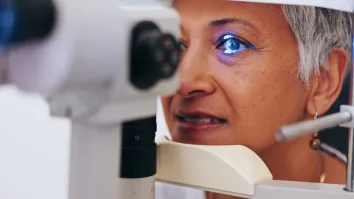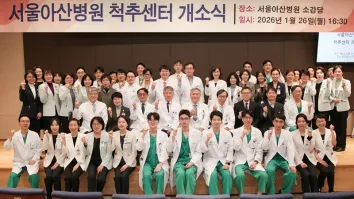
GenAI drives efficiency in healthcare data infrastructure development
The technology addresses challenges in building an effective data ecosystem.
ARTIFICIAL intelligence, particularly generative AI, is gaining recognition as a solution to developing a robust data ecosystem in the healthcare industry.
“Gen AI and AI provide the ability for players to curate data much faster and much better than what was possible even five years ago,” said EY Asean Life Sciences and Health Care Leader Abhay Bangi when he spoke at Healthcare Asia Summit in Singapore on 25 March 2024.
Bangi noted that these technologies play a big role in addressing challenges such as outdated legacy systems, interoperability issues, and strict compliance requirements when building an effective data ecosystem.
Meanwhile, building a data ecosystem requires careful consideration of different factors, including data capture, storage, standardisation, and encryption.
“Everybody knows that the Fast Healthcare Interoperability Resources (FHIR) standard is the standard used for data sharing, but what is often overlooked is data standardisation,” Bangi said.
He stressed that all master data should be aligned to a particular standard and that investment must go into a data engineering scheme. “Otherwise, the cliché phrase of “garbage in, garbage out” will play out in your scenario as well, which is easy to avert, and is something that we recommend,” he said.
A chronic underinvestment
Despite the growing prevalence of AI, the healthcare industry has seen a chronic underinvestment in information technology (IT) platforms and data infrastructure.
“I think a lot of that has to do with past excuses that it’s not possible to circumvent these challenges, but I think there’s great recognition as well,” said Bangi.
It is also worth mentioning that healthcare organisations are at various stages of adopting technology. “At one end of the spectrum, players who have upgraded their core systems to capture the right data have also invested in clinical data warehouses, and now they are on a journey to invest in computing power,” he said.
In line with this, he mentioned how some health agencies in Singapore have developed data infrastructure to provide clinicians with services that offer predictive intelligence.
“On the other end of the spectrum, there are players who are still trying to digitise their patient records,” Bangi noted.
Large language models
According to the EY Asean expert, the ability to personalise data requires using large language models. “Combining this with genomics data, we see if there is a possibility to not just personalise, but as a co-pilot, offer doctors the possibility to diagnose complex conditions,” he said.
Bangi also noted that GenAI can enhance data utilisation by converting speech to text that can be transcribed and directly integrated into electronic medical records (EMRs), and potentially with other systems.
“The amount of productivity gained is very high and we usually see great interest from both healthcare players and clinicians, because, at the end of the day, this is not interfering with their decision-making,” he said.
“This enables their decision-making by cutting down their administrative tasks, allowing them to focus more on the patient,” he added.
He cited how Google, during their bi-annual checkup, discussed how their large language models are being used to improve clinician productivity.
“I think you see a theme here, and the theme is that today, AI is being used more for efficiency and less for clinical decision-making,” Bangi said.



















 Advertise
Advertise







